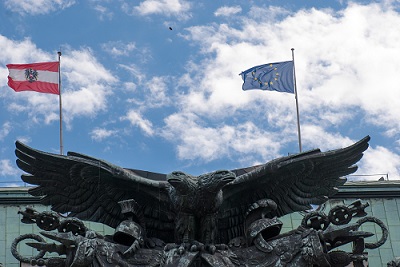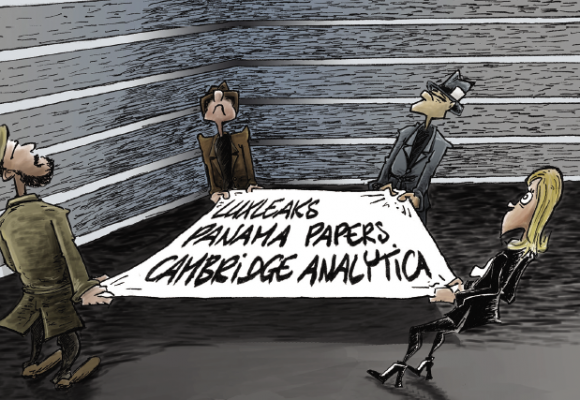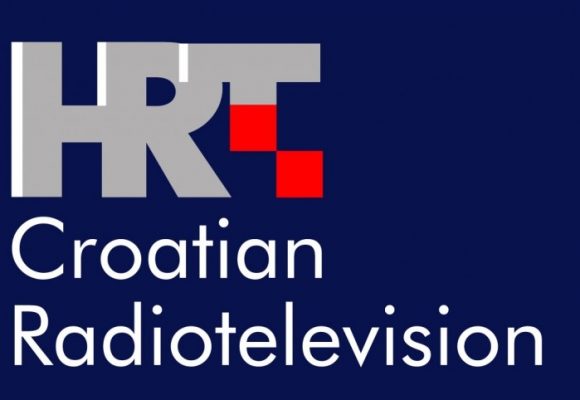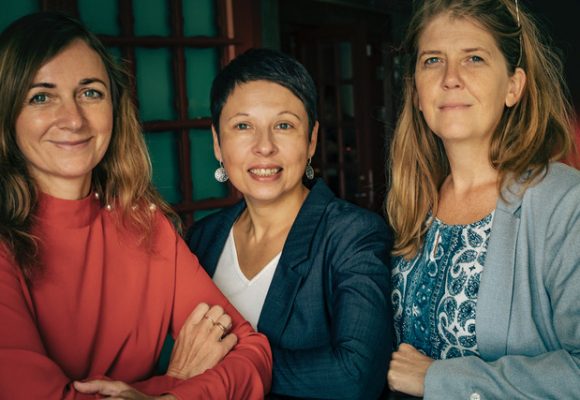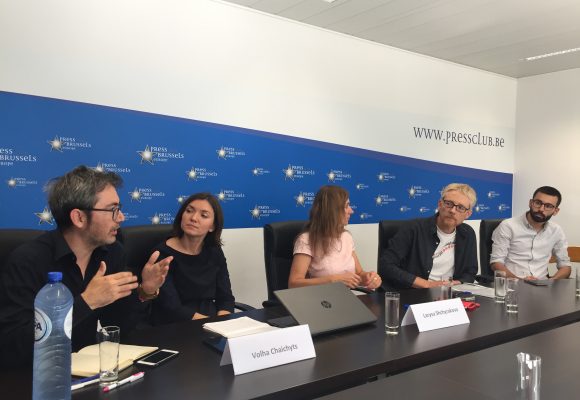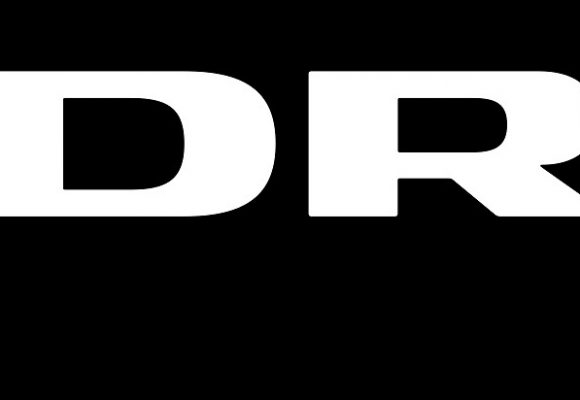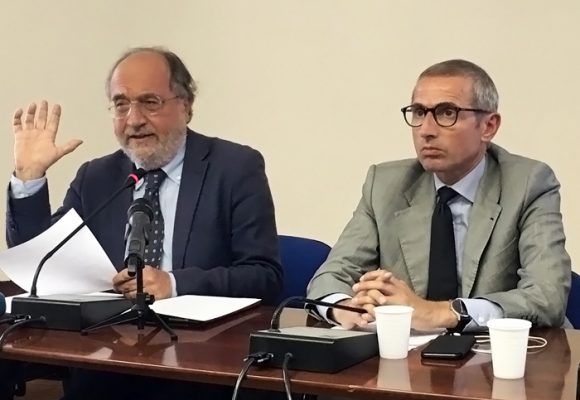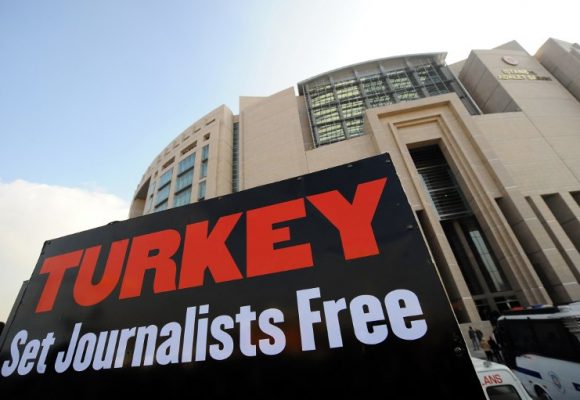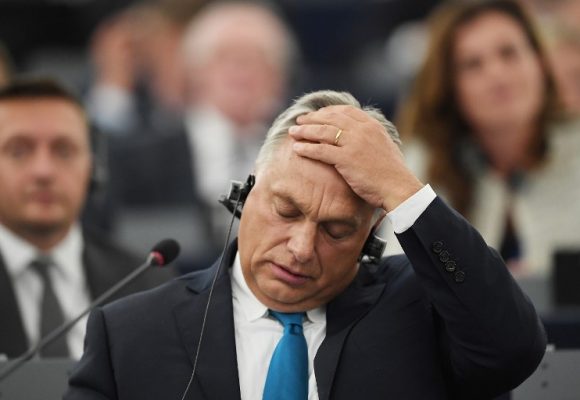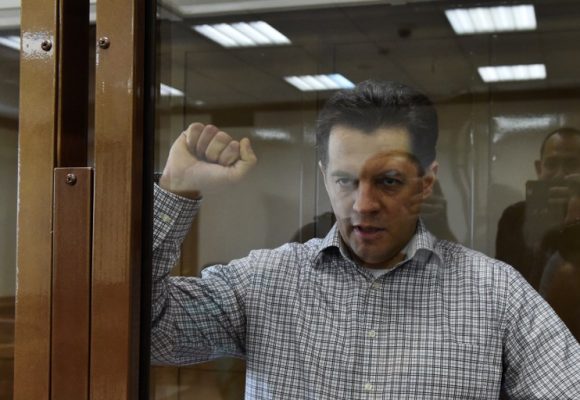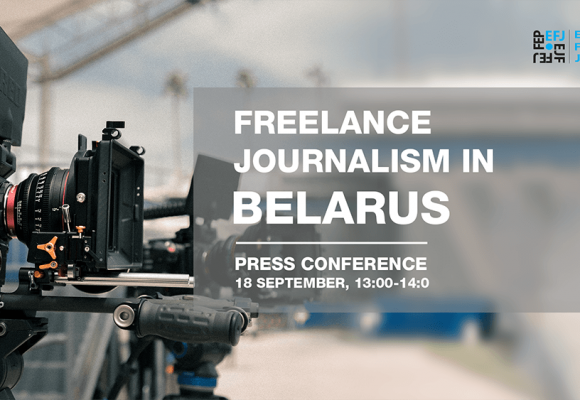EFJ rejects the Platforms’ so-called “Code of Practice” on disinformation
Members of the Sounding Board of the EU Multistakeholder Forum [1] on Disinformation Online – which includes the EFJ – have delivered their final opinion on the new so-called ‘Code of Practice’ drafted by the online platforms (Google, Facebook, Twitter, Mozilla and several advertisement organisations). The Sounding Board, comprised of representatives of the media, civil society, journalists, consumer organizations, fact-checkers and academia, thanked the Commission and Commissioner Mariya Gabriel for convening the Forum and for the opportunity to comment on the so-called ‘Code of Practice’ drawn up by the online platforms. As demonstrated in the Sounding Board’s detailed and written…


